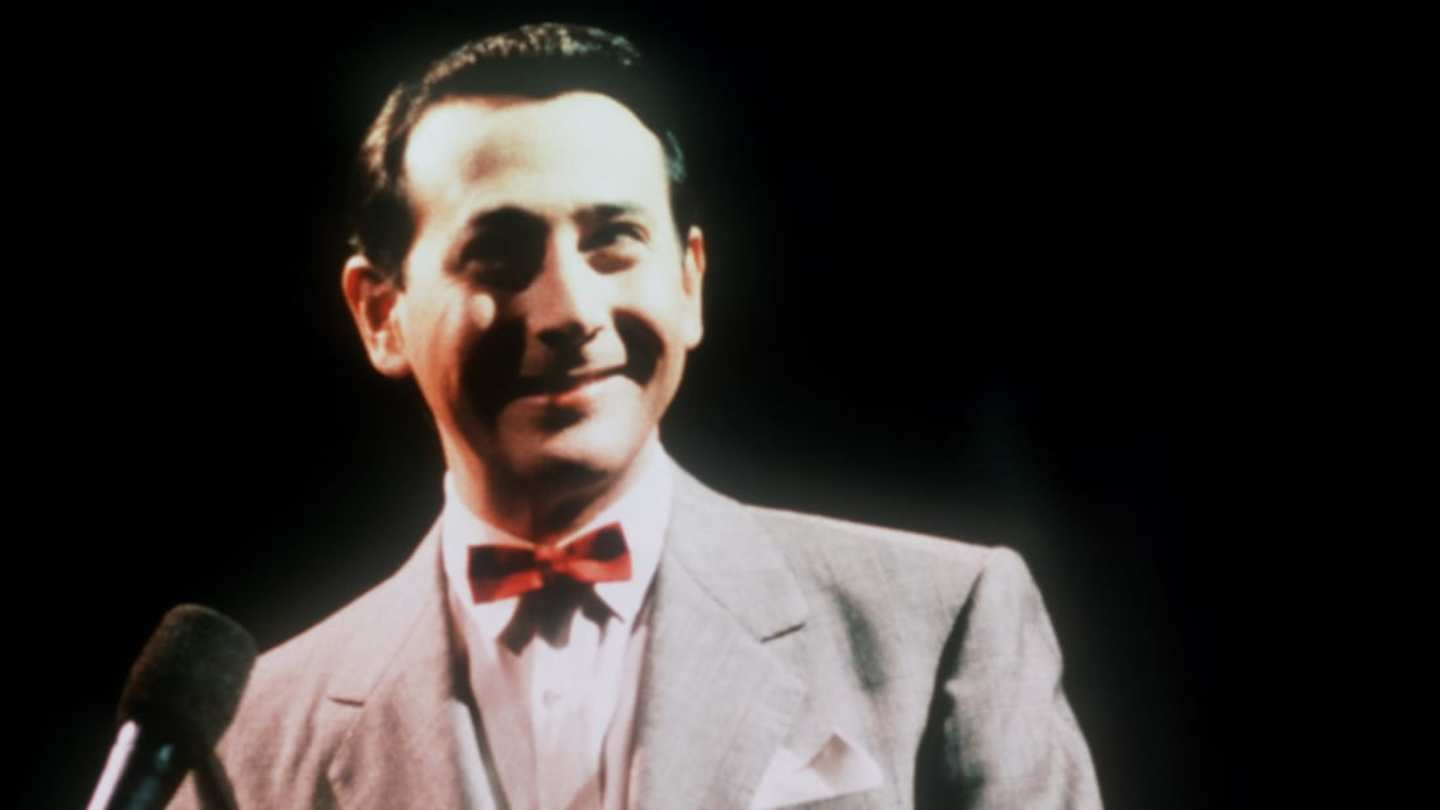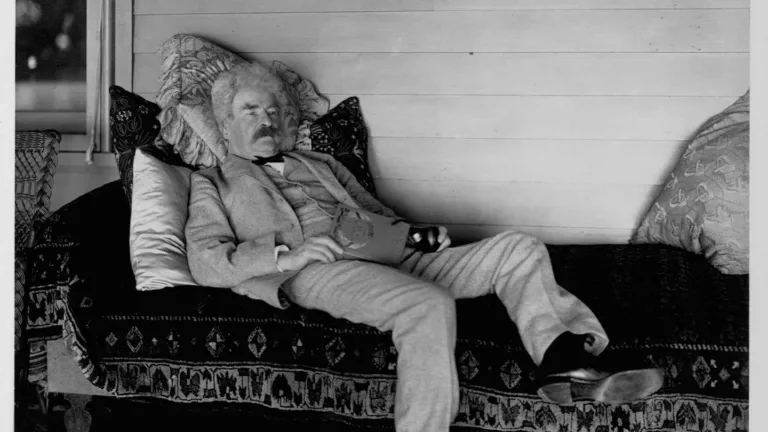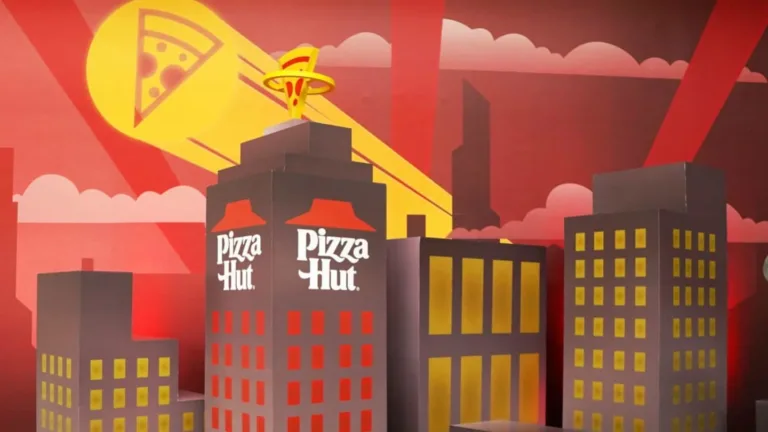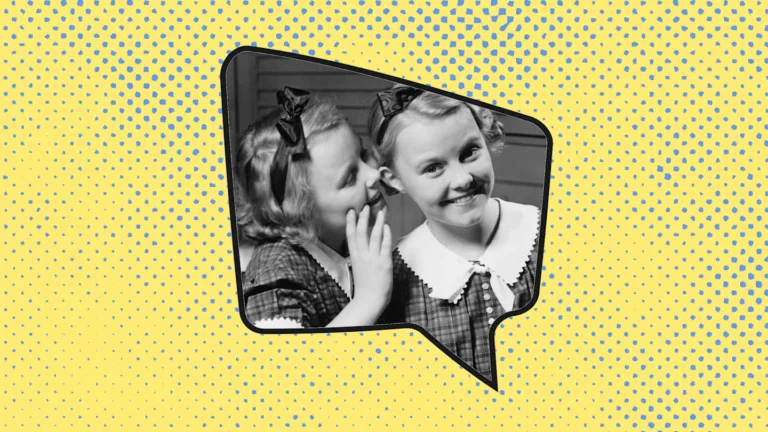We’ve all grown up watching commercials and advertisements, but remember those quirky public service announcements that popped up between cartoons or during primetime shows? Back in the 80s and 90s, these 80s PSAs weren’T Just About Catchy Jingles; they were a powerful force shaping the social awareness of Generation X.
These campaigns tackled tough topics head-on, from drug abuse and environmental protection to fire safety and even inappropriate touch. They used memorable characters, Engaging Storylines, and sometimes even a bit of humor to get their message across. Think about it: Who could forget Captain America showing us how to conserve energy or Pee-wee Herman warning kids about the dangers of crack cocaine?
These PSAs weren’T Just Entertaining; they played a crucial role in informing and influencing a generation on Important Social Issues. They sparked conversations, Raised Awareness, and ultimately helped shape the values and behaviors of those who grew Up Watching Them.
Targeting Generation X
Generation X, those born between the mid-1960s and the early 1980s, were right in the bullseye of These Impactful 80s PSAs. They were old enough to understand the messages but young enough to be impressionable. These campaigns weren’t just talking down to kids; they aimed to connect with them on their level, using relatable characters and situations that resonated with their experiences.
Remember “Like Father, Like Son,” which tackled the issue of drug use through a powerful father-son dynamic? Or “Give a Hoot—Don’t Pollute,” which tapped into Gen X’s Burgeoning Environmental consciousness? These PSAs didn’t shy away from tough subjects but treated them with sincerity and understanding.
This generation was coming of age in a rapidly changing world, facing new challenges like the AIDS epidemic and growing anxieties about social issues. 80s PSAs served as a guide, Offering Support, information, and a sense of shared responsibility for creating a better future.
Public Service Announcements of the 80s and 90s
The 1980s and 90s were a golden age for public Service Announcements. These weren’T Just Boring Educational Videos; they were creative, engaging, and often downright memorable. Think about the iconic “This Is Your Brain On Drugs” campaign with its sizzling egg metaphor, or the wholesome yet impactful message of Smokey Bear advocating for fire safety.
These PSAs utilized a variety of tactics to get their points across. Some relied on humor, like Pee-wee Herman’s Blunt Warning About Crack Cocaine, while others took a more serious and dramatic approach, like “Like Father, Like Son” with its poignant portrayal of the impact of drug addiction. They also tapped into pop culture trends, Featuring Beloved Characters From Cartoons, movies, and even toys. This clever use of storytelling made these 80s PSAs not just informative but also entertaining.
The result? A generation that grew up with a strong awareness of important social issues, thanks to the memorable and impactful messages delivered through these unique campaigns. They were more than just ads; they were cultural touchstones that shaped our understanding of the world around us.
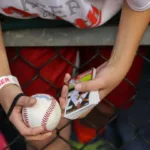 Most Valuable Modern Sports Cards: Top Rookie Card Investments
Most Valuable Modern Sports Cards: Top Rookie Card InvestmentsA Social Impact Analysis
It’s hard to say definitively what Impact These 80s PSAs had on society as a whole. But looking back, it’s clear they planted seeds of awareness and influenced behavior in significant ways. For example, Campaigns Like “This Is Your Brain On Drugs” likely played a role in shaping Attitudes Towards Substance Abuse, even if their effectiveness is still Debated Today.
These PSAs didn’T Just Inform; they also fostered a sense of shared responsibility for social issues. They encouraged viewers to think critically about their actions and their impact on others. This emphasis on collective action may have contributed to the rise of volunteerism and community involvement among Gen Xers, who were raised with a strong Moral Compass.
Ultimately, the legacy of these PSAs lies in their ability to spark conversation and inspire change. They remind us that even seemingly small messages can have a big impact when delivered with creativity, sincerity, and a genuine desire to make a difference.
Iconic Campaigns and Lasting Messages
There were so many memorable campaigns from that era, each with its own unique approach and lasting message. The “This Is Your Brain On Drugs” campaign with its sizzling egg metaphor remains a classic example of how to make a powerful point in a way that’s both shocking and unforgettable.
Then there was Smokey Bear, the friendly yet stern mascot who taught generations about fire safety through simple, Catchy Slogans. And let’s not forget Captain America, who showed us how to conserve energy with his superhero-inspired tips and tricks. These campaigns weren’T Just Entertaining; They Became Cultural Icons, embedding themselves in our collective memory.
And that’s the true power of these 80s PSAs – they managed to combine education with entertainment, making serious topics relatable and even enjoyable for audiences. They taught us valuable lessons about responsibility, awareness, and the importance of taking care of ourselves and our planet.
Shaping a Generation’s Values
It’s fascinating to think about how these PSAs shaped the values of an entire generation. Gen X grew up with a heightened sense of social responsibility, thanks in part to these messages that emphasized taking care of our environment, being aware of risky behaviors, and looking out for each other.
They were also exposed to diverse perspectives on issues like drug use, Teen Pregnancy, and violence, which likely contributed to a more open-minded and tolerant worldview compared to Previous Generations. These campaigns didn’T Just Preach; they sparked conversations and encouraged critical Thinking About Complex Social Issues. And that’s a powerful legacy for any generation.
While it’s impossible to say definitively what impact these PSAs had on individual lives, it’s clear that they played a significant role in shaping the values and outlook of 80s Gen Xers. They instilled a sense of awareness, responsibility, and empathy that continues to resonate today.
More for curious minds
Unlock extra content and exclusive deals tailored to your interests.

